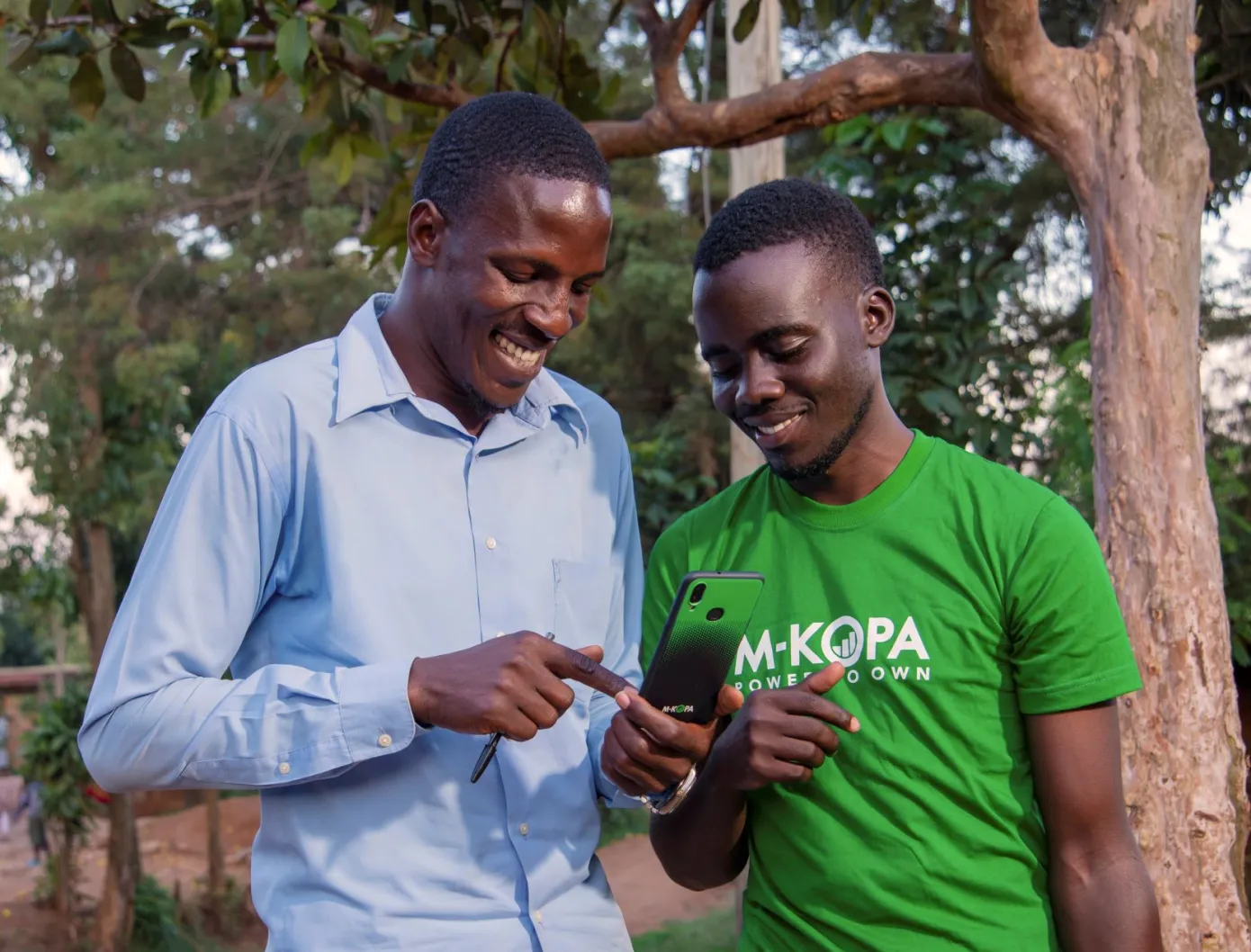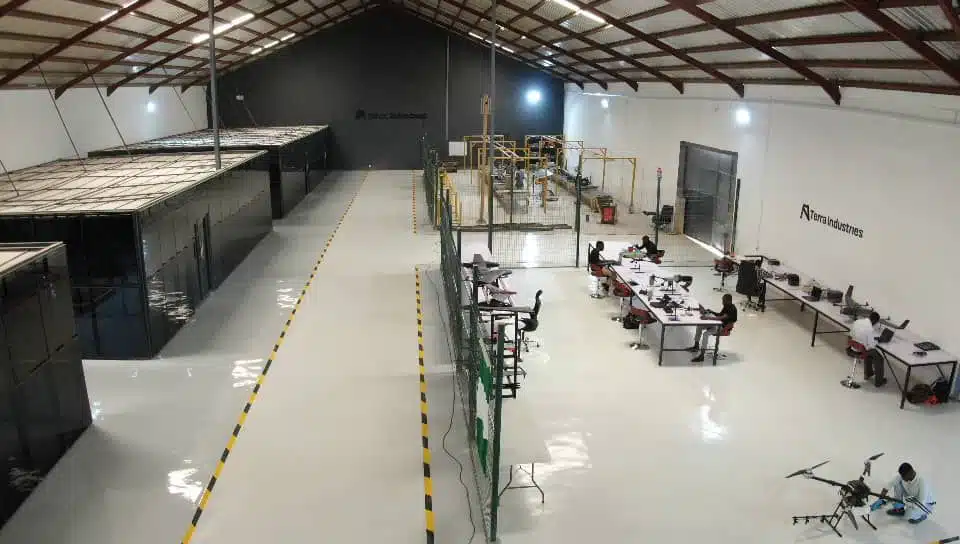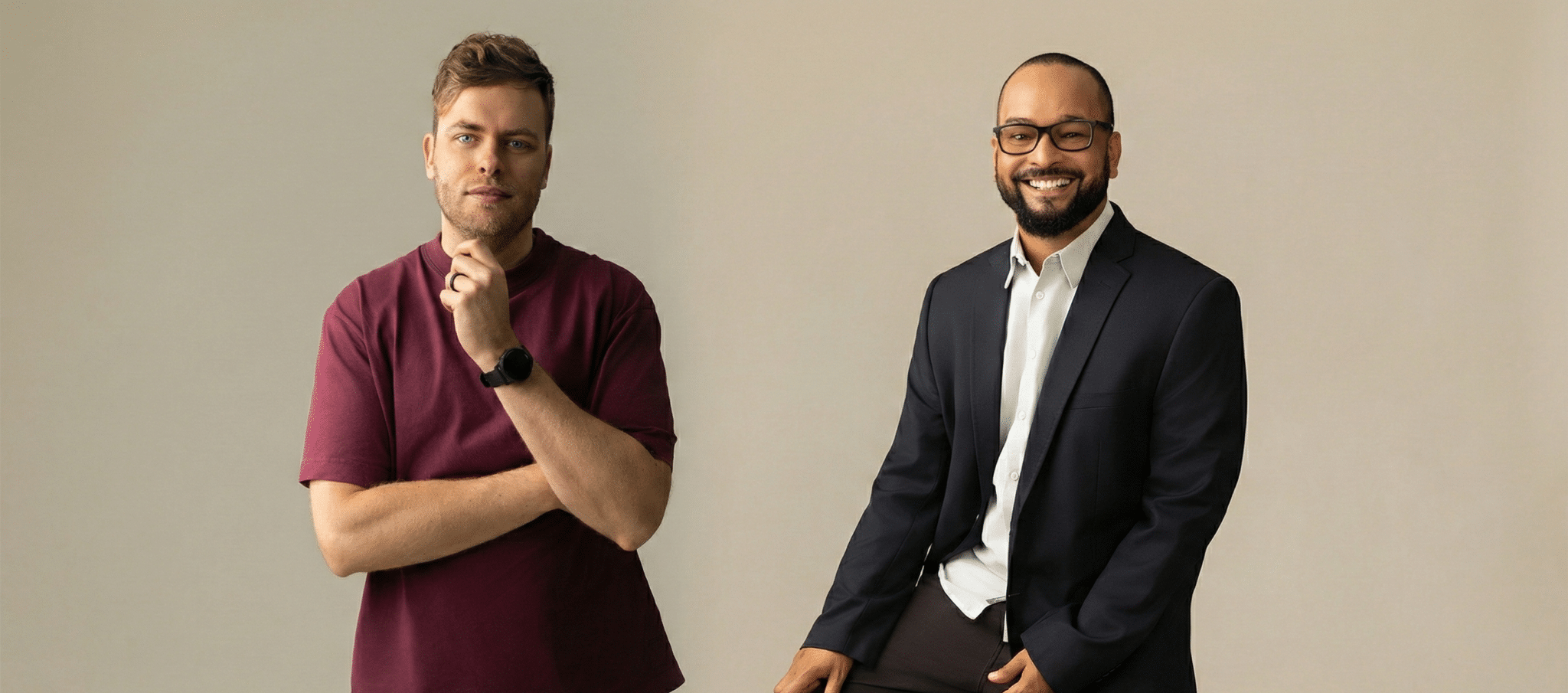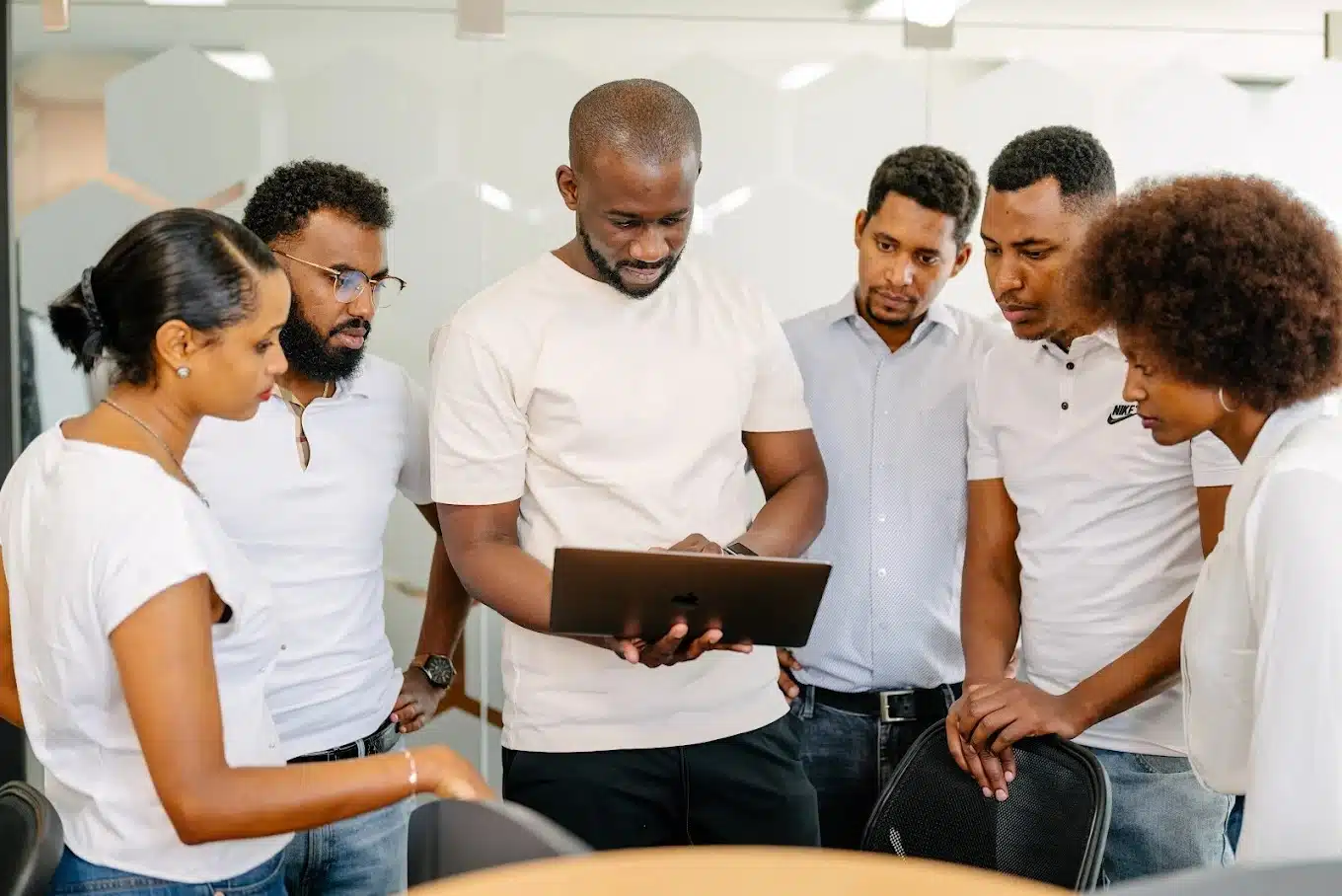Driving financial inclusion has become a ubiquitous tagline in African startup circles. It’s led to the rise of some of the continent’s most successful companies, attracted billions in venture capital, and resulted in millions of new accounts for people who were previously unbanked.
However, a growing number of critics argue that simply making it easier to open accounts does not address the root issue. The real barrier, they suggest, isn’t a lack of access, but the fact that many people don’t have enough income to need or use these financial services in the first place.
M-KOPA offers a different perspective. Rather than providing a bank account or digital wallet, it offers customers a smartphone. Through a pay-as-you-go model designed for people in the informal economy, it goes beyond getting people online and positions them to build the foundations for long-term financial freedom.
More than a phone
After initially financing solar products, M-KOPA pivoted to focus on smartphones, using them as an acquisition tool to layer more products. Babajide Duroshola, Country Manager for Nigeria, points to the vital role smartphones now play on the continent as justification for the decision.
“The smartphone has moved from an entertainment tool to a productivity tool in a very short period,” he said on a call with Techpoint Africa. “When you think about how the smartphone impacts small businesses, especially those in the informal sector, it then begins to make sense that the smartphone is that entry tool.”
For many of its customers, the smartphone serves as more than just a communication device, allowing them to conduct most of their business operations on the go.
Beyond providing a smartphone, Duroshola shares that M-KOPA’s business model allows it to teach customers financial literacy through lived experiences.
This small but consistent behaviour builds confidence and opens the door to more financial products, from cash loans and health insurance to data bundles and airtime financing. In this way, the smartphone serves as both a customer acquisition tool and a trust-building mechanism.
It’s a play that could help the company offer credit services in the future. While weak infrastructure remains a barrier to playing in the digital lending space, its model provides it with crucial data on consumer behaviour that could come in handy in the future.

Victoria Fakiya – Senior Writer
Techpoint Digest
Make your startup impossible to overlook
Discover the proven system to pitch your startup to the media, and finally get noticed.
A flexible model for the real world
The risk of default is a real worry for any lender, and M-KOPA is not exempt. But unlike traditional lenders, the company does not expect perfect repayment. Instead, its model is designed to mirror the realities of people in the informal economy who make up the bulk of its customer base.
In practice, customers pay a specific amount daily, determined by the smartphone they’ve selected. While it operates a pay-as-you-go model, its flexibility means that users can hold on to the smartphones provided they do not go below a certain payment threshold.
In extreme cases where a user is genuinely unable to continue paying for the phone, there’s an option to cancel the loan entirely and return the phone.
M-KOPA refunds their initial deposit but not the daily fees they paid to use the phone. Despite the potential for abuse, Duroshola shares that return rates are below 7%, noting that most customers are willing to pay because the smartphone directly supports their livelihood.
This approach has also translated to strong repayment performance. Nigeria is M-KOPA’s best-performing market when it comes to credit behaviour, with default rates well below the company’s average of 10%.
This is especially notable in a country where most digital lenders struggle with high default rates, unreliable credit data, and limited enforcement options.
Massive growth despite economic headwinds
Despite a tough macroeconomic climate, M-KOPA Nigeria has grown rapidly in the past four years. When Duroshola joined, the company had just 20,000 customers in Nigeria. Today, that number is approaching one million.
The company has also expanded beyond Lagos to cover most of the Southwest except Ekiti State. Customer retention is also strong, with over half of customers returning for another product after completing their first.
Staffing has grown from less than 60 employees in 2020 to over 200 full-time staff today. Including third-party service partners and agents, the company has created more than 500 direct jobs.
One of the keys to this growth is M-KOPA’s field agent model. In Nigeria, the company works with over 7,000 direct sales agents (DSAs), who are responsible for introducing the product to new customers and handling onboarding.
According to Duroshola, some agents have gone on to build full-time careers with M-KOPA, with some leaving their jobs or shutting down their businesses to focus on selling M-KOPA products. For its top-performing agents, it offers incentives like health insurance to drive motivation and retention.
No plans to return to solar…yet
Although M-KOPA began as a solar financing company, Duroshola says there are currently no plans to reintroduce solar products to the Nigerian market, despite the country’s epileptic power supply pushing many to solar.
Unlike solar, smartphones allow the company to layer additional products such as credit and insurance, services that are more urgently needed and require less overhead compared to solar products.
Adapting business strategies for local realities
M-KOPA now operates in five African countries – Nigeria, Kenya, South Africa, Uganda, and Ghana. But while they serve the same customer profile and offer a smartphone, the company adopts different strategies in each country.
For example, Duroshola points to the loan tenors offered across different regions. In East Africa, users get longer loan tenors, up to 12 months, while customers in West African markets like Nigeria prefer shorter loan tenors.
“I think Kopa is one company that has really understood that the cultural behaviour of the market is also as important as the strategy that you’re going to deploy in the market,” he noted.










